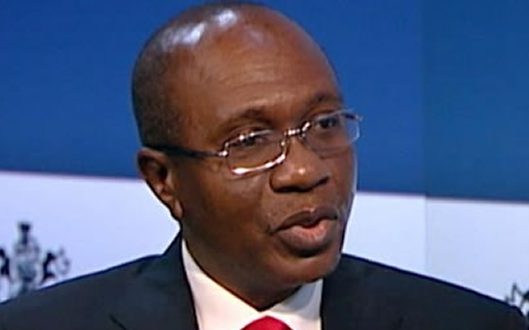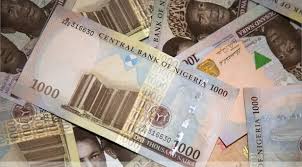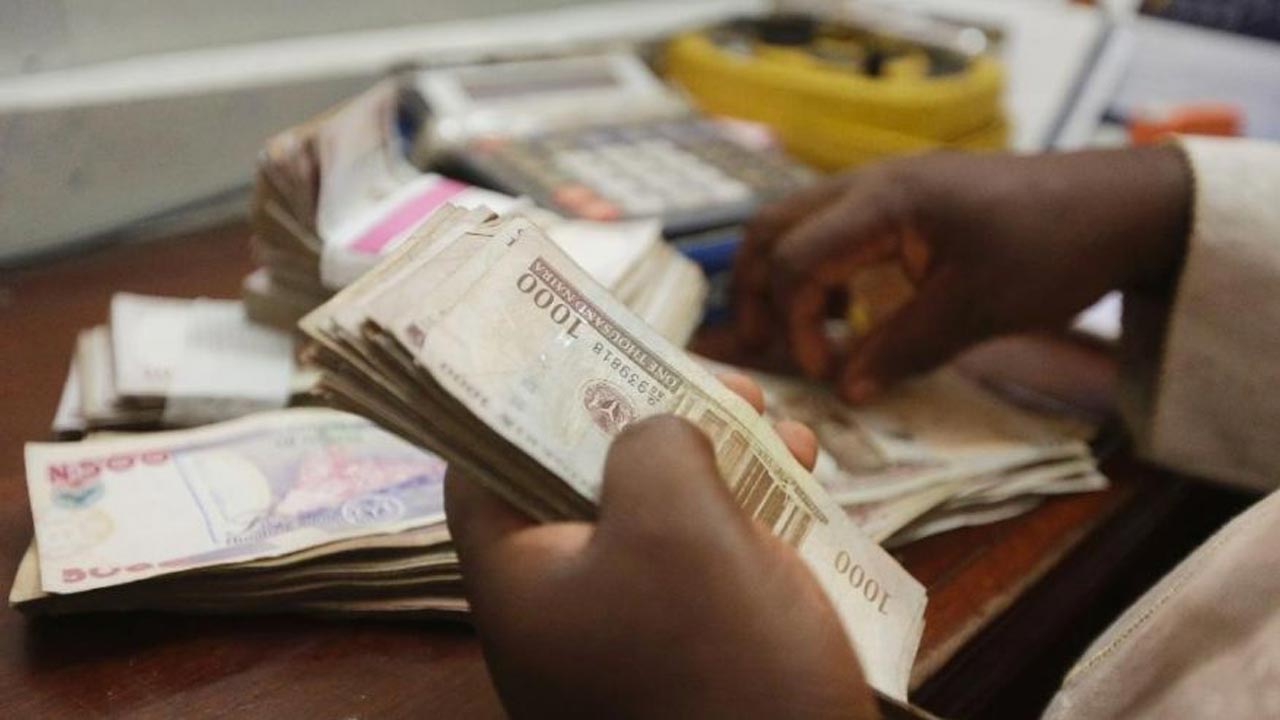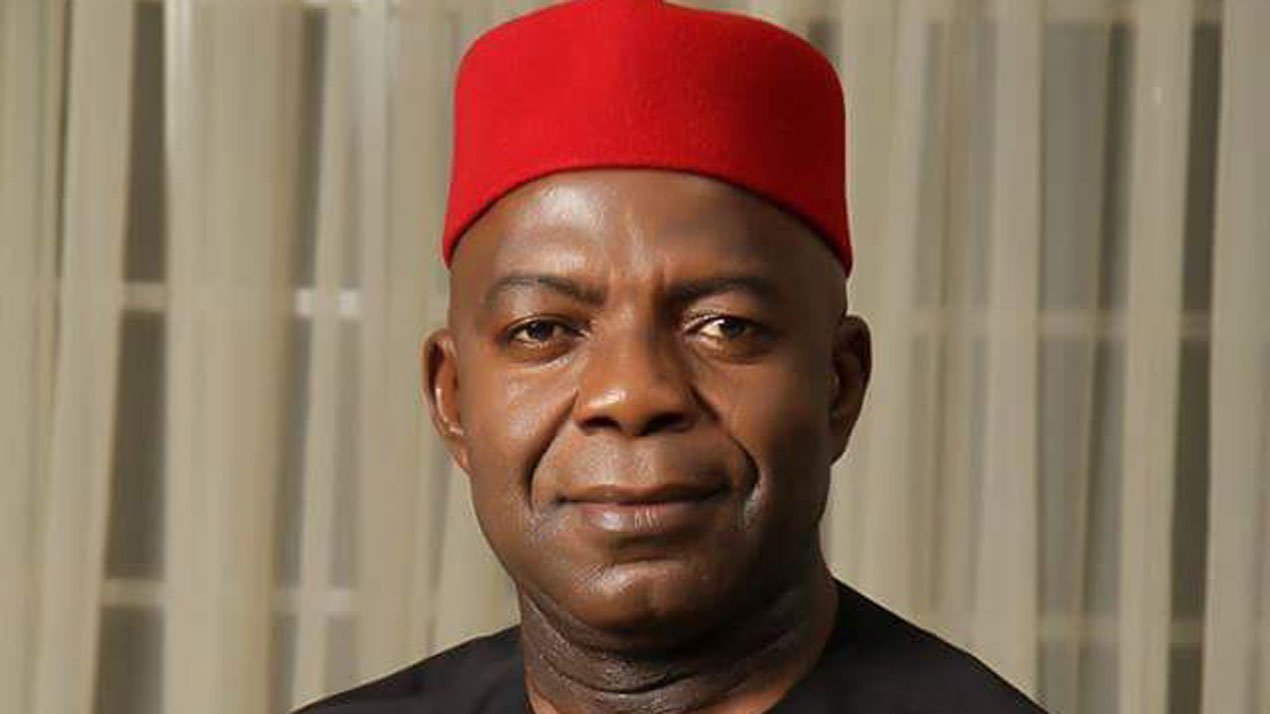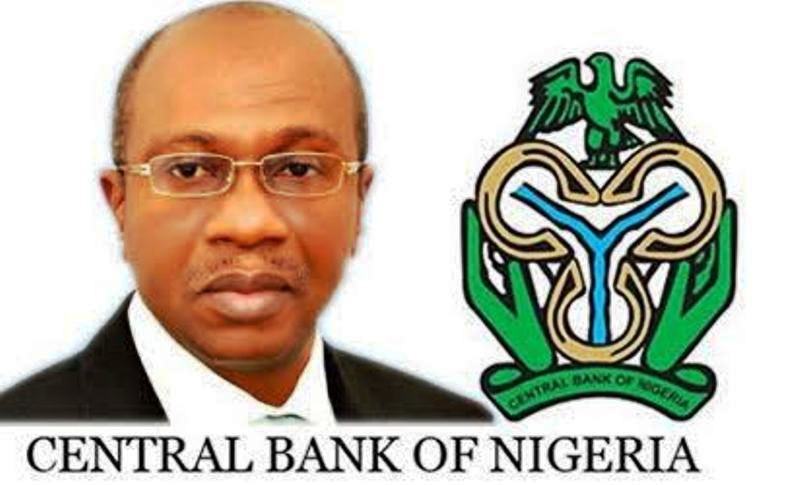BY ALEX OTTI, Email: alexottiofr@gmail.com
“Without the opinion of an expert there’s no such thing as certainty.”
― Joanna Ruocco
We opened a debate here on July 5, 2021, on the loss of value of the Naira. Subsequently on August 5, we published one of the feedbacks we got from Mr. Eustace Odunze an economist, banker and lawyer.
Since then, we have continued to receive interesting reactions from readers from across the world and we feel highly honoured that this matter is generating a significant level of interest and we are gratified that the column enjoys very wide global readership.
Today, we will publish another reaction this time around, from Prof. Ifeanyi Uzoka, who we can deduce from his name, is a Nigerian, and a Professor of Economics at the Pilon School of Business, Sheridan College, in Mississauga, Ontario, Canada. We thank Prof. Uzoka for writing in and enjoin others who have useful contributions on this important topic to follow suit.
RE: THE DEPRECIATION OF THE NAIRA, BY PROF. IFEANYI UZOKA, PhD, CPA, CGA.
The value of the Naira is just a manifestation/symptom of the deteriorating state of affairs in Nigeria. The current low international value of the Naira did not happen overnight (it started in the 1980s), and rectifying it will require sustained purposeful efforts that go beyond the obvious imbalance between the Demand and Supply to addressing the following:
a. the drivers of the FOREX market forces (Demand and Supply),
b. purposeful integration and coordination of Monetary, Foreign Exchange and Fiscal Policies and
c. Political Will (to fight corruption and other societal ills).
On the Demand side, we should deal with the Psychology (behavioural tendencies) driving our FOREX Demand. As long as most Nigerians continue to value foreign products more than local products (that address their needs better), forex demand will continue to exceed supply and Naira’s depreciation will not stop. How do you explain that most Nigerians prefer processed foreign food to their own natural/organic food? How do you explain that a Nigerian will prefer to send his child to a foreign University (that grants a next-to-worthless degree certificate without any employability skills) just to brag that his child is schooling abroad? A Nigerian parent terminated his child’s education in a Nigerian Federal University, only to send the child to a West African country where the child graduated with a ‘First Class’ Degree. When the child applied for a master’s degree and submitted transcripts for evaluation, the Degree was adjudged to be less than a Canadian Bachelor’s degree.
We need to deal with the inferiority complex, that makes many Nigerians feel that everything foreign is better than what is obtainable locally, if we must curb this insatiable demand for FOREX.
There is also a need to cease treating the different Macroeconomic policies as Silos (like it happened sometime ago when the Finance Minister was pleading with the CBN Governor to reduce interest rates in order to boost Aggregate Demand, and the CBN Governor, standing on the same podium, said that CBN will be raising interest rates to fight inflation). Nigeria’s Macroeconomic policies must be designed and coordinated to support one another to advance the economic wellbeing of Nigerians.
In this regard, there is need to design and implement fiscal policies that will incentivise economic agents to make decisions that support the effectiveness of our Monetary and FOREX policies. For example, beside increasing IGR and boosting local production of cars, such policies like PROGRESSIVE ROAD TAX on (Private/Luxurious) vehicles will go a long way in curbing our inordinate desire to spend FOREX on imported Luxury cars and frivolities. If there is a quarterly Road Tax of N500,000 on private Luxury vehicles with Engine Capacity of 3.0 liters, manufactured in the last 5 years, how many of us will still be willing to have a fleet of luxury cars in Nigeria? Our expectations drive our choices!
Rather than banning Foreign undergraduate studies from accessing FOREX, the Government can impose a graduated Foreign Education Tax, exempting some Medical Science courses. This can range from 5% to 20% – the higher range being for Secondary Schools. Failure to pay the tax when due will attract penalties. The income generated from this will be applied to public education in Nigeria. Similar treatment for medical tourism could be imposed.
Beyond the introduction of Policies, there must be a Political Will to implement them and, a revitalised independent Judiciary to try alleged offenders. These kinds of Policies, addressing the psychology that drives FOREX Demand, will do more to curb our insatiable demand for FOREX than the current knee-jerk reaction called Monetary and FOREX Policies.
On the Supply side, I agree that there is a need to increase supply of FOREX. Much of our supply is driven by Oil revenue and Remittances. In addition to increasing our FOREX earning potentials through exports of other commodities, we should also actively pursue the export of Services, especially, in the form of Human Capital. We have an abundance of it. All we need is to add more value to our Human Capital through re/training to enhance their employability skills.
According to Philippine Statistics Authority, Philippines’ remittances in 2019 was $35.17bn from 2.2m migrant workers. About 40% of these migrant workers were in Elementary Occupations, while about 17% were Technicians and Professionals*.
Imagine the upsurge we will have on remittances to Nigeria if we have a policy to re/train some of our youths and professionals to meet labour demand abroad? Recently the UK Govt came calling for 5,000 doctors from Nigeria because they know the high performance of Nigerian doctors. With the proper policies, the Government can earn FOREX through fees from foreign employers and taxes from the expatriate workers (which will be used to fund public education in Nigeria) apart from the remittances of these expatriates. Nigeria should leverage the potential of the Knowledge Economy to boost her FOREX earnings.
As long as our government continues to import Fuel our FOREX Supply will always be less than the demand, and our Naira will continue to depreciate while investment will be drying up in the country due to rising inflation. The government has to stop this madness of fuel importation! The government should design and implement viable policies that will increase refinery capacity and make Nigeria self sufficient in refined petroleum products (even, an exporter of refined products as was envisaged in the 3rd or 4th National Development Plan).
Even with the best of Political Will, coordinated macroeconomic policies, regular electricity supply, improved local production and infrastructure amongst others, a sustained reversal of Naira’s depreciating trend will still take some years of consistent and purposeful efforts, from the Nigerian authorities (and Nigerians).
REACTION FROM ALEX OTTI
I want to thank Prof. Uzoka once again, for his feedback which I must confess is very germane and helpful in the debate. Just like any other economic subject, addressing the matter of the depreciation of the currency does not have, nor require, any silver bullet. Just one month since we started this debate, the Naira has lost over N20 in the foreign exchange market. This situation is distortionary and makes planning virtually impossible. The Central Bank has so far responded by cutting out one set of middlemen, the Bureaux De Change operators, from the official market and asking their customers to henceforth approach the banks instead for their needs. The banks have also responded by restating their ability to meet demands. The truth, however, is that the banks can only handle documented transactions. There are many undocumented transactions which customers have inevitably resorted to the parallel market to fund. It is this pressure that has pushed the rate at that market beyond N520 per dollar, as at last Friday, August 27.
Prof. Uzoka was spot on in his recommendation on the alignment of fiscal, monetary and foreign exchange policies. The risk with not doing this is that sometimes, an adjustment in one area could undo the gains or even stability of the other. For instance, monetary policy may dictate increasing interest rates to deal with speculative attack on the Naira while the same action would discourage borrowing leading to reduction in productivity, reduction in GDP and increase in unemployment. This is the challenge of economic policies, managing the interplay of the ‘unholy trinity’, namely free movement of capital, an independent monetary policy, and a fixed or managed exchange rate policy.
On the issue of the penchant of Nigerians to patronise foreign goods, foreign education and medical tourism, I believe that these require further debate. While it is agreed that moral suasion is one of the instruments available to monetary authorities (central banks), I believe that being rational economic beings, desired results can be achieved if backed by sound economic policies. I have always held the view that once the forces of demand and supply are distorted through government action or inaction, rational reactions cannot be guaranteed. If exchange rates are subsidised one way or the other, it becomes cheaper to consume imported products and may actually lead to the unintended consequence of discouraging local production, since the market is driven by competition and profit. Therefore, the question to ask is whether the local currency is appropriately priced. On education, I am of the view that greater attention needs to be paid on the quality and quantity of education in our country. The educational standards in Nigeria have dropped quite badly and continue to drop on a daily basis. Recently, videos were circulated on the social media on the state of the facilities in some of our premier universities. Those videos were such a sorry sight, but not much action seems to back up the outrage that followed the viral circulation. The curricular and the quality of the teachers cannot meet up to what we expect in the 21st Century global environment. Most of our graduates are unable to compete in the emerging scenario of globalisation, robotics, artificial intelligence and 3D printing. In the light of all these, it will be difficult to sustain the argument of discouraging Nigerians who can afford it, from sending their children for education abroad. I believe the same argument goes for medical tourism. There are very few hospitals that can boast of state of the art medical and diagnostic equipment in the country today. Yes, our medical personnel remain well sought after and that is why England and very recently Saudi Arabia have been engaging in massive recruitment drive from Nigeria. It is also difficult to ask someone who is poorly (or even hardly), paid not to jump at the opportunity for greener pastures. Patriotism comes after the stomach is full.
Just like Mr. Odunze, Prof. Uzoka believes that the supply of forex can be enhanced by remittances from Nigerians in the diaspora. While this is not debatable, we must also understand that many of our people may not fit into the jobs that are available abroad. Those who fit into the profile have either left or are in the process of leaving. These are the highly trained professionals and skilled workers who still have age on their side. The kind of skills and temperament Filipinos have is difficult to find in many of our people.
I know some of us would feel upset and might want to debate this and they are welcome. Instead of exporting poorly skilled and trained people, can we not properly train them and productively engage them for the growth of our economy. It is agreed that our level of economic activity and therefore productivity is very low. Over 33% of our labour force are not contributing anything to our GDP. Over 60% are contributing less than their potential.
I implore that we be deliberate for a change and sit down and say we want to get everybody doing something that will add to our productivity. That is where the political will comes into play. For starters, we can decide that no matter what it takes that we want to double our electricity generation capacity in one year and double that in another year. This is not rocket science! This singular action would make hitherto unprofitable economic activities become viable once again.
The admonition about importation of refined petroleum products could not have been better put. Just like in the power sector, the neglect of this sector is not excusable. While it is laudable to refine our petroleum products locally as it will cut the logistics cost of exporting crude and reimporting the refined version of the same product and create employment, it must be noted that this will not necessarily improve the supply of foreign currency. This is because the share of the crude that would be refined locally would not be available to be sold offshore.
Having said all these, this column still believes that less attention should be placed on the foreign exchange market. We should see forex as a product just like any other product. Forex should be sold and bought by the central bank and other participants just like any other product where demand and supply determine price. With more productivity and production, foreign exchange earnings would naturally improve and foreign exchange demand to fund imports would reduce. This interplay would determine price at the equilibrium level.


